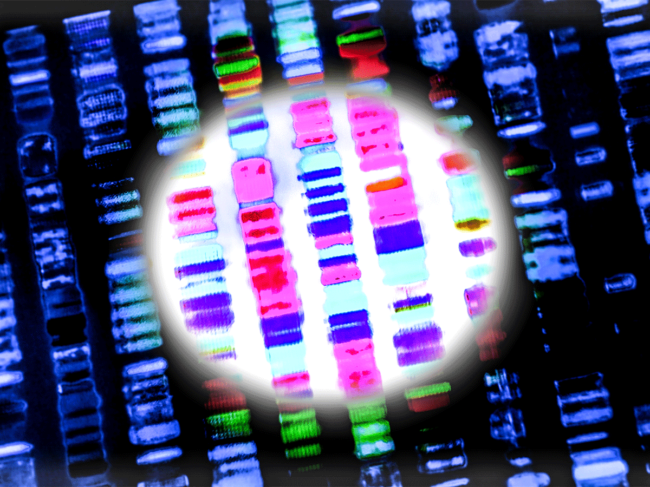
Genomics
J.P. Morgan Healthcare Conference
Population genetic studies set up for success, as they aim for health care and research results
Read MoreSnow White and the Seven snow white genomes
Lack of genomic diversity means actionable mutations are left undiscovered
Read MoreSnow White and the seven snow white genomes






